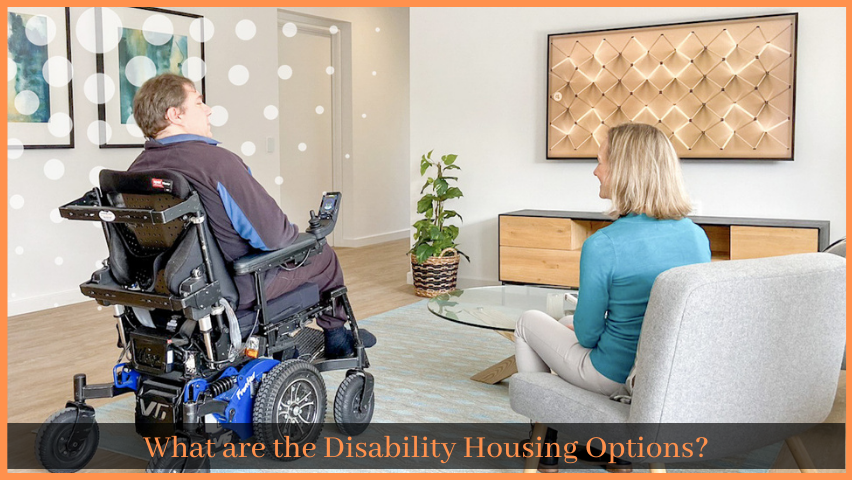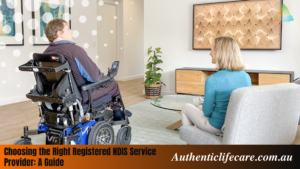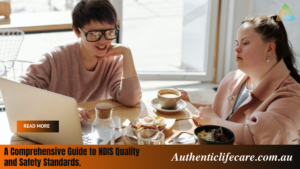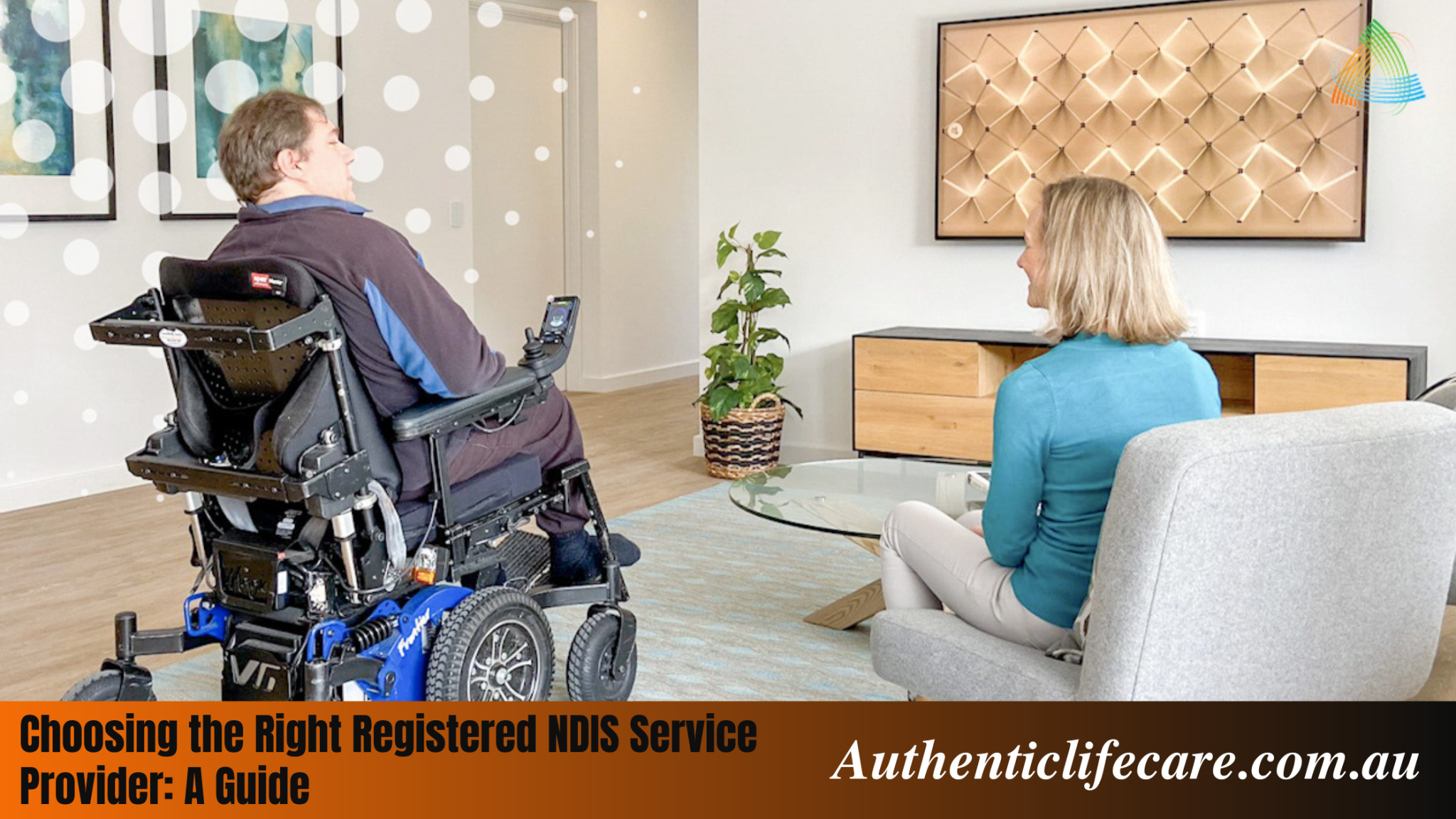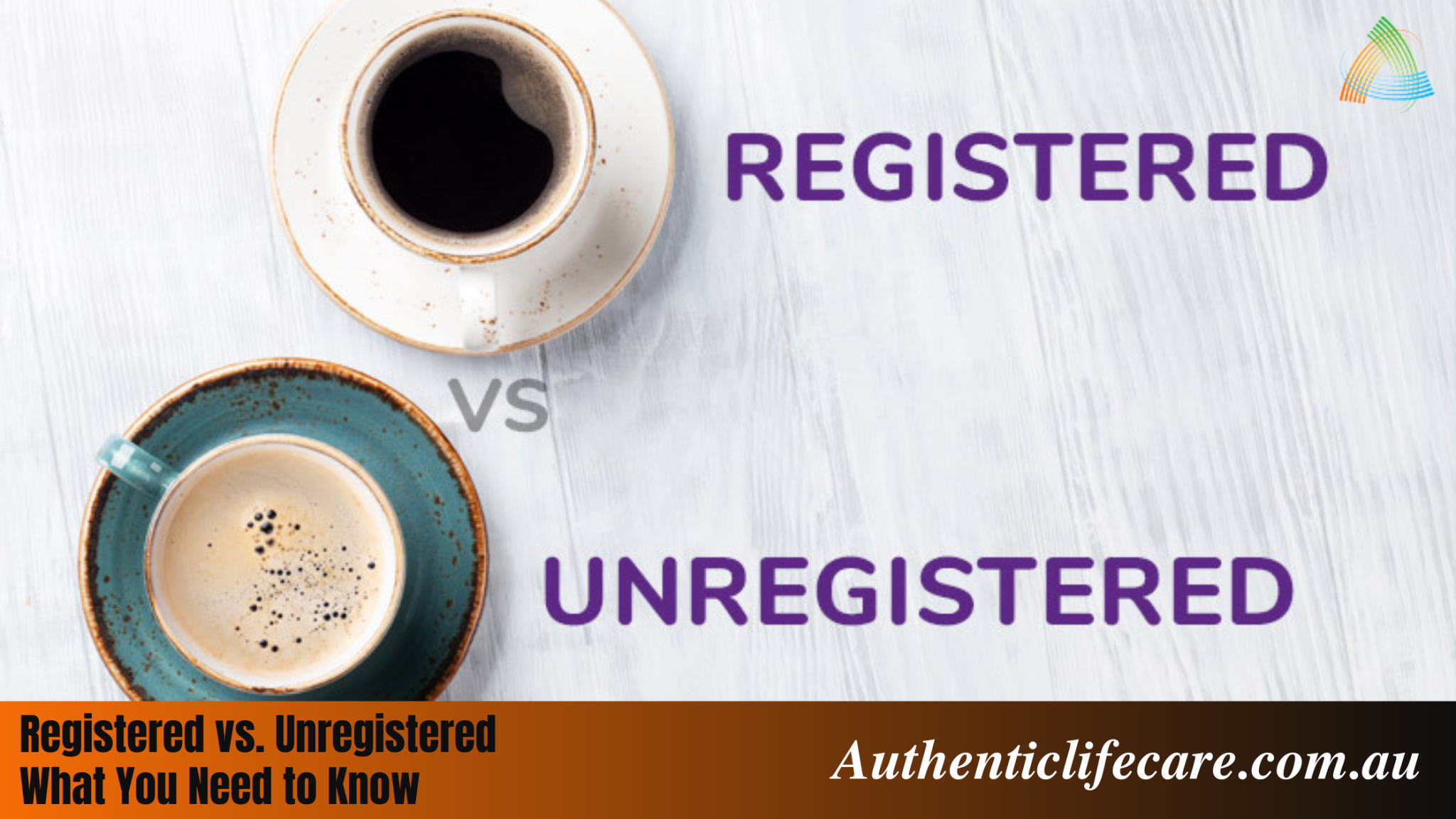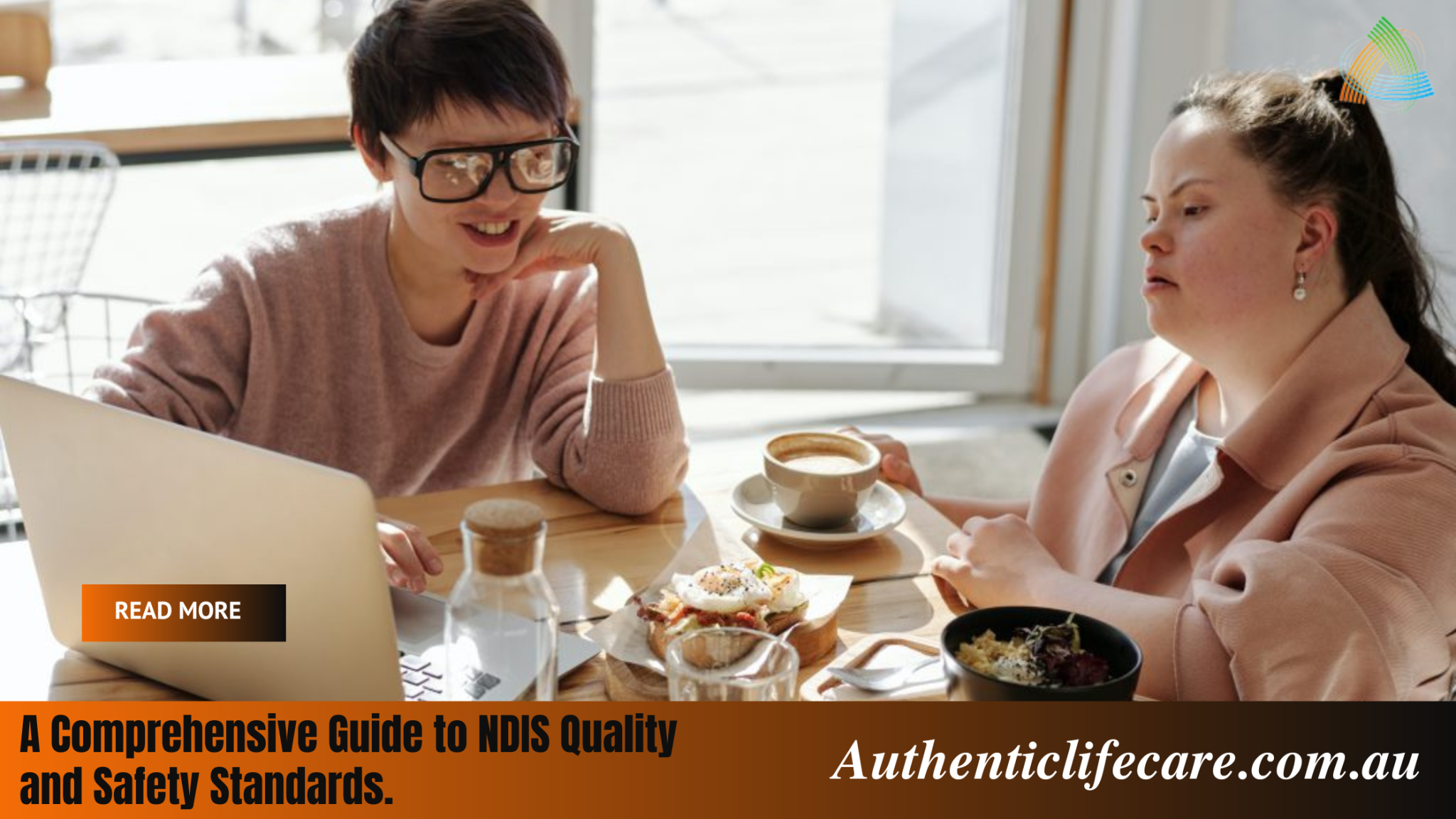Disability housing is a viable alternative for people who have a disability and require round-the-clock care. Adults (18+), children, and youth with disabilities are all included. Its main goal is to help the disabled and elderly live safer, better, and more independent lives. It contains both short- and medium-term housing arrangements tailored to your loved ones’ needs.
Because there are so many alternatives, finding the finest disability housing for your disabled or elderly loved one requires time and research.
The best option will be determined by a number of criteria, including personal needs and preferences, financial constraints, and support requirements.
This guide outlines what options are available to you to assist you to choose the best handicap housing option. Let’s take a look at the advantages of disability housing first.
What are the Advantages of a Disability Housing Facility?
The advantages of disability housing are numerous, ranging from offering social support to promoting independence, with a few highlighted below:
- Enabling social support:
Seniors and disabled people who live alone are more likely to experience social isolation and loneliness. This can result in depression as well as a variety of other health issues. This housing facility allow seniors and persons with disabilities to connect with like-minded people and experts who can give the social support they need to live a fulfilling life.
- Promoting self-reliance:
Everyone needs to strike a balance between safety and independence. Your loved one will be able to live independently and safely in disability housing.
- Delicious meals:
It might be difficult for many seniors and individuals with disabilities to create delicious and healthy meals for themselves. They can get well-prepared meals that are tailored to their specific needs thanks to disability housing.
- Allows carers to take a break:
Some types of handicap housing, provide carers with a break. It allows them to do anything other than care for the senior or disabled person. Even though carers can appear to be superhumans at times, they, like everyone else, require time to relax and decompress.
- More free time:
Disability housing provides the assistance that seniors and people with disabilities require to conduct their daily responsibilities. As a result, they have more free time to pursue their passions.
The advantages are numerous. Each type of handicap housing offers various benefits to your elderly and disabled loved ones, making their lives more independent, better, and enjoyable.
Let’s take a look at these different sorts of handicap housing and what each one entails.
Types of Disability Housing
Disability housing comes in a variety of forms, each tailored to the needs and desires of the disabled or elderly. As detailed below, they include short-term housing, supported independent living, and supported disability housing.
Short-term Accommodation (respite care)
Brief-term accommodation is a housing arrangement that allows a senior or NDIS participant to be away from their typical home for a short period. It pays for up to 14 days of care in a different location. It allows your elderly or disabled loved ones to meet new people, experience new activities, and learn new skills. Furthermore, short-term lodging allows family members or carers to take a much-needed vacation from their regular caregiving responsibilities.
What is included:
Your loved ones will receive help from qualified and pleasant professionals when they stay in short-term lodging. They can also participate in a variety of activities in a supportive and safe atmosphere, such as:
During the period, assistance is available 24 hours a day, seven days wholesome meals Support teams that are friendly Activities that are enjoyable Personal attention Supported Independent Living (SIL)
SIL is an NDIS-funded programme that aims to support persons with disabilities and enable them to live more independent lives. It is daily work assistance or supervision that allows people with impairments to live independently while still developing their capabilities.
Your loved one can live alone or with other individuals who share the same interests with SIL. They will also be assisted with daily duties such as cooking, cleaning, and personal hygiene.
Specialist Disability Accommodation (SDA)
SDA is a type of accommodation that allows people with extremely high support requirements or severe functional impairment to get the help they need to live normal lives. It includes the features that residents need to have better access to help in their homes and live more independently.
Specialist disability accommodation is tailored to help, which means it pays for the changes that are required to make a house fit for your ageing or disabled loved one’s needs.
Important: SDA exclusively works with disabled people who require specialised homes.
CORE
Individuals can accomplish daily tasks and strive toward their goals with this NDIS-funded disability housing alternative. Transportation and assistance with home activities are two examples of core support.
Individual Living Options (ILO)
This is a type of handicap housing that caters to those who have physical or mental disabilities. Co-Residency, Living Together, Host Arrangements, and Living Alone are some of the possibilities available. This housing alternative is currently in its early stages of development, which means it is not yet widely funded.

